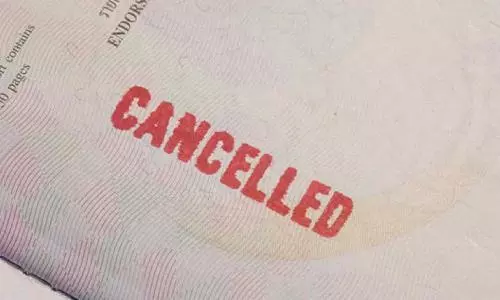
Scotts and quest for independence
text_fieldsScotland last week voted against independence in the Scottish independence referendum, 2014, with the majority opting for a “No” for breaking away from the United Kingdom.
The referendum held on September 18 was a means to know the public opinion whether Scotland should be an independent country or not and about 55.3% chose a “No” for the referendum question, “Should Scotland be an independent country?” Around a third of the four million people wanted to break away from the home country ending the 305 year old political union with England and become an independent nation thinking that Scotland could achieve more progress with its economy, social policies and creativity. The rest of the Scots believed that the country was more secure within the UK. Two organizations, Better Together, which comprises of pro union political parties like Scottish Labour, the Conservative Party and Liberal Democrats and Yes Scotland, its principal opponent, campaigned for a yes and no vote in the referendum respectively. The demands for the Scottish parliament to have more financial and legal powers have increased. Even before the referendum, British prime Minister, David Cameron and other leaders have promised Scotland more of a say in its future including tax, welfare and budget policies.
Like Scotland, the demands for autonomous province are also being intensified in Catalonia, Spain. The Spanish Parliament have already approved of an independent referendum on September 20 to check the nation’s quest for independence. Countries like Yugoslavia had the same fate. It broke apart into seven nations in the 1990s following inter ethnic conflicts. Similar disputes are still being continued in the Ukraine- Crimea and Georgia-Abkhazia regions. The ethnic disputes among the different communities of a nation coupled with the weak political system often pave way to wars and destruction. It’s the responsibility of the people to accept and regard the ethnic minorities and various other sects present in the country as the citizens of the same nation.
Britain and Spain have heeded to the peoples’ call for independence which is praiseworthy. If the referendum results proved to retain union with the home country, the individual nations were promised separate rights over the matters concerning them. The approaches, strategies and attitude set a model for countries like India where people of diverse culture, faith, tradition and ethnicity coexist in communities. Instead of transforming the country into a one religion nation, mutual respect, understanding and tolerance among the people is what is needed.























